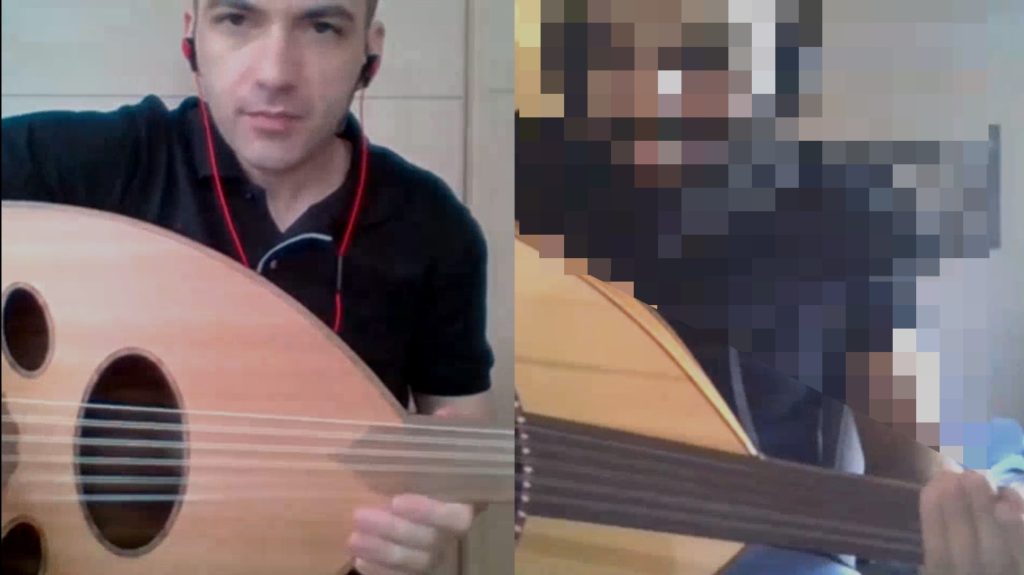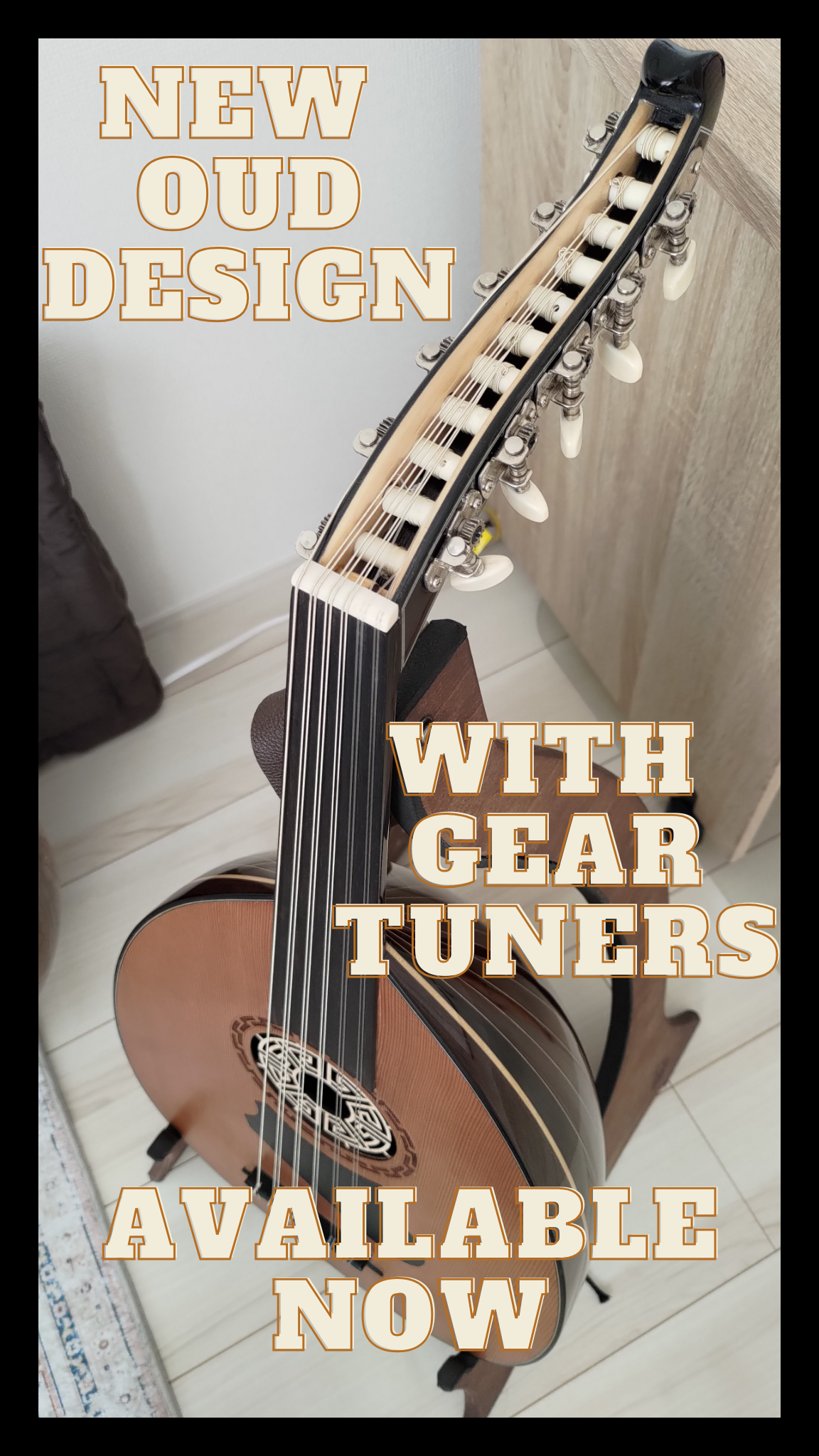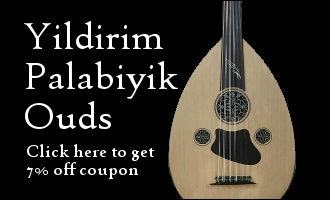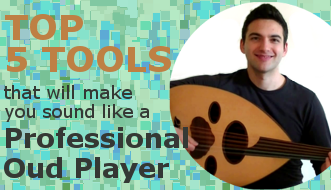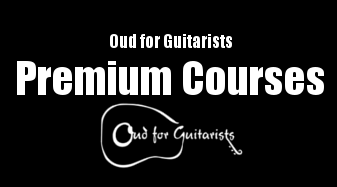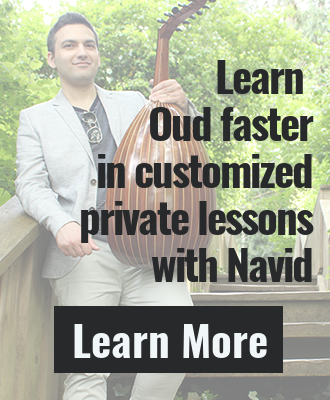Some people teach themselves music.
Some people go to a Royal Conservatory.
Some people study music at University.
Some people (like me) learned music completely through one-on-one private lessons.
What’s your experience with learning music? Or learning an instrument?
Now you can learn Piano and Guitar with high-tech apps for your tablet or smartphone.
Everyone is different and learn best using an assortment of different tools.
How do you fit in?
AND…
What can Oud private one-on-one Oud lessons do for you?
Let me tell you a story…
I consider myself very fortunate to have some very encouraging and forgiving teachers who have made me the musician I am today. My first attempt at composition was premature to say the least, and I didn’t know what I was doing. But when I showed what I had written to my teacher, he didn’t discourage me. In fact, he started to help me and correct what I was doing.
Later, I took a stab at teaching myself Guitar with an old-timey method book. It worked… That was one of the greatest learning experiences of my life. I was inspired, I had some tools, I put my mind to it, and I learned. But back then, I didn’t really have discipline to follow through thoroughly, so I ended up taking Guitar lessons and continued to finish that method book with the push of a teacher.
Then I joined highschool band thinking I could play Guitar… It turned out there was no place for Guitar in concert band, but they needed a Trombone player. I thought Trombone was kind of cool, so hey… why not. It turned out to be another great learning experience. My band teacher taught me how to play during class, and after a few sessions she eventually incorporated me into the band, fumbling around as I did until I got my bearings.
I realized you can learn anything if you put your mind to it, and you can teach it too, even if you aren’t the best at it. Teaching and performing are different skill sets, but they are complementary. My band teacher was a Pianist and Flutist, but she knew how to blow a horn, and she had me making music on the Trombone in no time.
These were all transformative experiences for me. They were little breakthroughs in my awareness here and there which continue to serve me as an Oud teacher, and performer.
Now the Oud…
Still years later after mastering the Oud in the Persian traditional music style… I came up against another beast that I didn’t understand very well… Arabic and Turkish music.
I could hear the overlapping similarities between Persian music and Arabic and Turkish music, but I couldn’t seem to replicate the improvisation style of Arabic players. I would continue to revert back to my Persian style of playing.
Then another breakthrough…
I was fed up.
I needed help.
So I decided to seek out a teacher to teach me a little bit of Arabic taqasim (Arabic-style improvisation).
I took one lesson with a Kurdish-Iraqi Oudist (Serwan Yamolky), and it was just enough to give me the context I needed to figure out what was happening in an Arabic-style Oud taqasim.
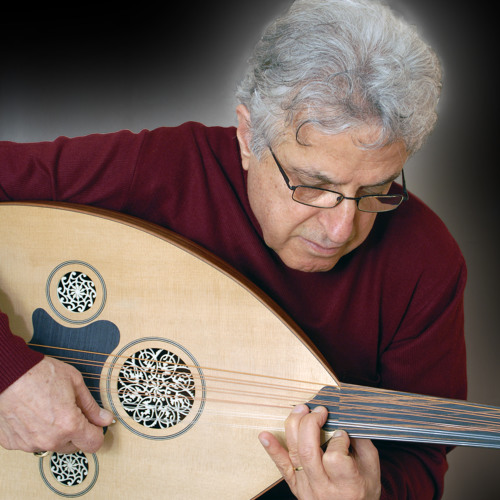
I never went back for another lesson unfortunately, because it was a very, very long drive to reach this teacher.
Thinking about the concepts he taught helped me start to grasp what I was hearing in Arabic-style taqasim in a new light. Otherwise, it would still be very foreign sounding to me.
One thing he reminded me during the lesson was that my Persian-style playing would never completely disappear. That was really helpful in accepting my own playing for what it is and avoid the thinking that I need to become something I’m not.
The Differences Between Apps, Video Tutorials, and Skype/Zoom Lessons
There are a lot of benefits to learning with online tutorials and apps. These tools are usually cheaper. You can go at your own pace. You always have access to them. They are convenient.
The problem with these tools is that no one is going to hold you accountable. There’s no human involved in making sure you’re doing everything correctly. So it takes a lot of discipline to keep going. If you encounter a roadblock, it might be difficult to get over it by yourself. You have no one to help you over.
Skype/Zoom lessons have their drawbacks too. For example, I can’t reach through the screen and tune up your instrument when it’s out of tune. You have to do that yourself. So you need to have a bit of backbone to be able to get some things done yourself with some guidance.
When it comes to holding the instrument, it’s challenging too because sometimes the teacher needs to physically change the way the student is holding the instrument. Over Skype/Zoom, I can only remind you to hold it a certain way.
But if you take feedback seriously and try to correct your mistakes, I think learning on Skype/Zoom can really speed up your learning and perhaps give you some breakthroughs.
I’ll discuss the benefits of taking private one-on-one Oud lessons next week.
If you haven’t already, sign up for the Oud for Guitarists newsletter.


